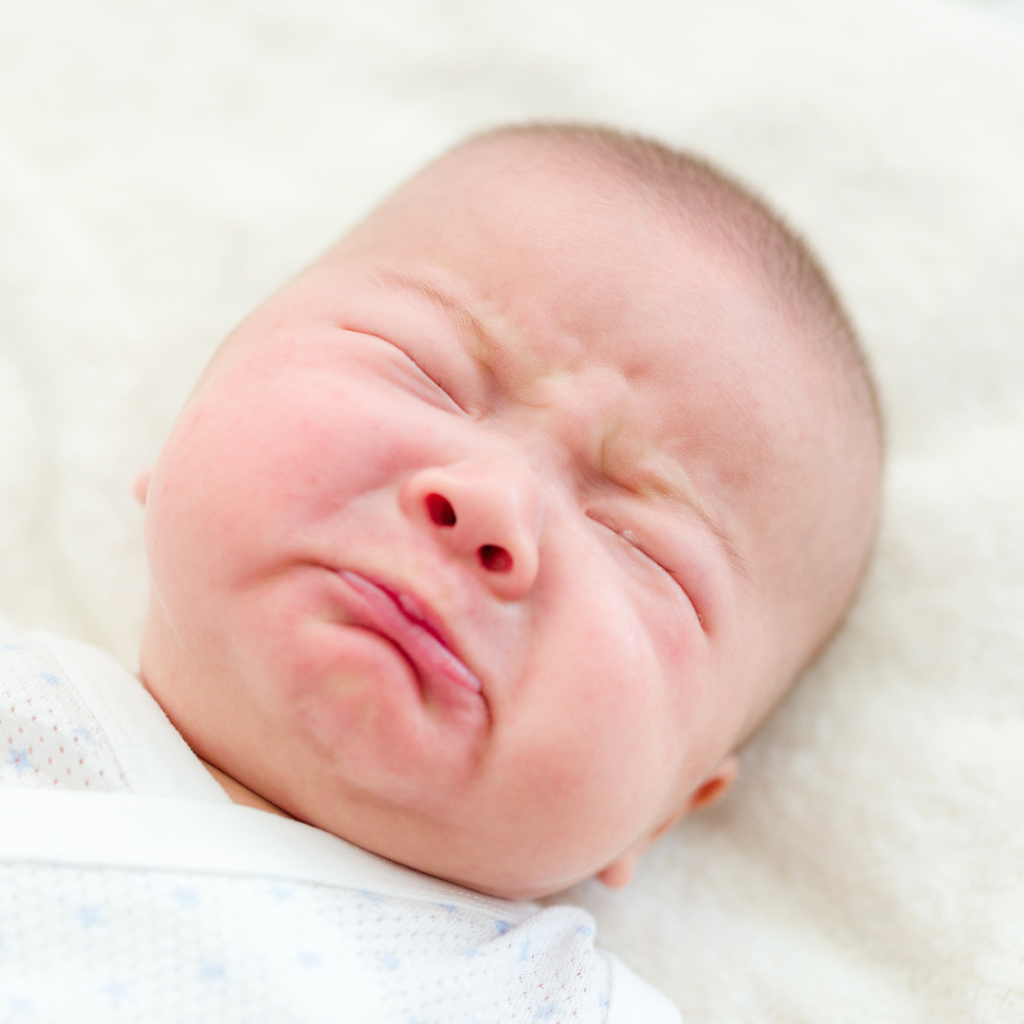
During my discussions with families who need support with baby and child sleep, I often come across new terms or labels to describe things they’ve been told are contributing to their sleep issues.
Probably one of the most common things I hear is that their little one is a “high-needs (HN)” baby. The problem is “high-needs” is also one of the most commonly misused terms out there.
In this article:
All babies are different – even siblings can be completely different to each other. Some babies are what you might call “easy” while others might be more challenging to parent. These babies are the ones that tend to be given this “high-needs” label.
“Fussy” and “high-needs (HN)” babies didn’t really exist years ago, yet these days, every second baby is being labelled as one.
But why?
“High-needs” is not a medical condition (1), so it’s not a case of healthcare professionals being better equipped to diagnose it these days. Instead, it’s a term that tends to be offered by well-meaning parents with their own “high-needs” babies as they offer reassurance and support to new parents struggling with a baby who seems to be more unsettled and fussier than they should be.
As the parent of a new baby doing the very best you can, you want to hear that any challenging behaviours you’re faced with are “normal”. It’s such a relief to be told that there’s nothing wrong with your constantly fussing and crying baby – it’s just the way they are. This is exactly how I felt when my second baby, Harry, was labelled “high-needs”.
Accepting that your baby is just “different but normal” is a weight off your shoulders, but it doesn’t make the practical challenges easier to handle.
This is where the problems start.
To cope, you start to make exceptions and care differently for your baby, when really, you shouldn’t.
According to the information out there, HN babies have different sleep and routine needs (2). It’s believed they don’t need or want as much sleep, they don’t like routine, they can’t self-soothe, and they need constant attention, day and night.
How on earth do you deal with that as a parent?
Well, you might hold and rock your baby more, feed them more, keep them up for longer, and stimulate them more.
When I went through this with Harry, it felt like I was helping and doing the right thing for him, but the truth is, in doing all of that, I wasn’t actually meeting his basic needs, particularly his sleep needs.
Everything I was doing was keeping him in the vicious cycle of sleep deprivation and making it harder for him to sleep (3). And it was helping to create the HN / fussy behavior I thought was down to his temperament and nothing else.
What I learned though is that while temperament has been linked to sleep, we don’t have enough good evidence to tell us that a child’s temperament causes them to need less sleep than another child of a similar age (4).
A different temperament may cause your baby to be more sensitive to distraction and wake between sleep cycles, but it doesn’t change their sleep needs. All babies need the right amount of sleep to thrive.
An overtired and exhausted baby will have difficulty settling, they will have fragmented sleep, they will be demanding, and they will scream. All the things a so-called HN baby will do! This then validates the HN diagnosis, and the cycle of sleep deprivation continues.

Most of the families I work with tell me they have a HN baby before we start working together.
We begin looking at their basic sleep needs like feeding, making sure their wake windows aren’t too long, making sure they’re warm enough, and making sure they have a consistent bedtime and morning wake-up time.
After we finish, it is very clear their baby was never “high-needs” in the first place – just extremely overtired and sleep deprived. And the term we’re hearing more and more is never mentioned again.
As for Harry, once I’d taken that important step back and realised he was exhausted and in need of a damn good sleep, his temperament completely changed. When he started sleeping better, he became the most relaxed, happy little boy, and he still is to this day.
Connect with Steph and stay up to date with Sleep by Steph's latest offerings.